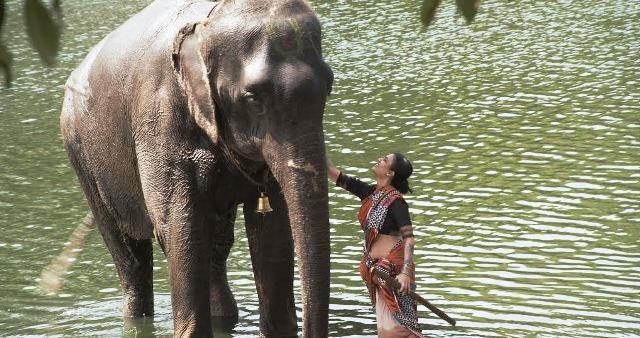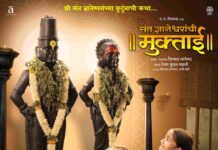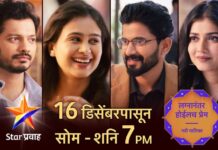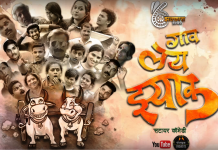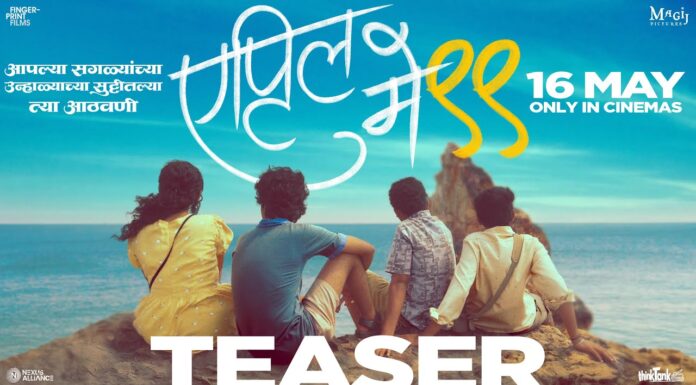AMRUTA SUBHASH TAKES LESSON IN KANNADA!!
VETERAN ACTRESSES JAYASHREE AND UMA KULKARNI HELP AMRUTA TO LEARN KANNADA!!
AN Actor is going through all that required for the betterment of her role and actress Amruta Subhash is one of them. This actress who has already had an impressive career has learnt Kannada as a prep for her role in ‘ASTU’ from veteran actress B.Jayashree and has also won the National Award for her role in this film.
This film produced under the banner of Gauurikaa Films with producers Sheela Rao and Dr. Mohan Agashe will release on 15 July all over Maharashtra . Along with Dr.Mohan Agashe, this film also stars Irawati Harshe , Devika Daftardar, Amruta Subhash, Nachiket Purnputre, Milind Soman, etc . The film has a story by Sumitra Bhave and is directed by Sumitra Bhave and Sunil Sukhtankar . Amruta Subhash has essayed the role of Mahuta’s wife Chenamma and has worked with an elephant named Laxmi in the film for which she undertook an workshop to learn the nuances of the role .
The character of Chenamma has a influence of Marathi and Kannada and a lot of dialogues are in Kannada and I just didn’t want to rote the dialogues in Kannada as I also wanted to learn the meaning
of these dialogues in Kannada says Amruta Subhash. Therefore I took the help of veteran translators Uma and Virupaksh Kulkarni and learnt the nuances of the Kannada dialogues from my veteran actor mother Jyoti Subhash friend actress B.Jayashree and she really took a liking for my role and came down to Pune and I recorded her version of the dialogues and learnt the nuances of the Kannada dialogues and there are also two lullabys which B.Jayshree and Uma taught me , which have been added in the film adds Amruta Subhash.
My role in the film is small says Amruta but it changed my way of looking at life . The film scenario and the script has been written so well that I enjoyed working in this film and its an experience I will cherish all my life concludes Amruta.

